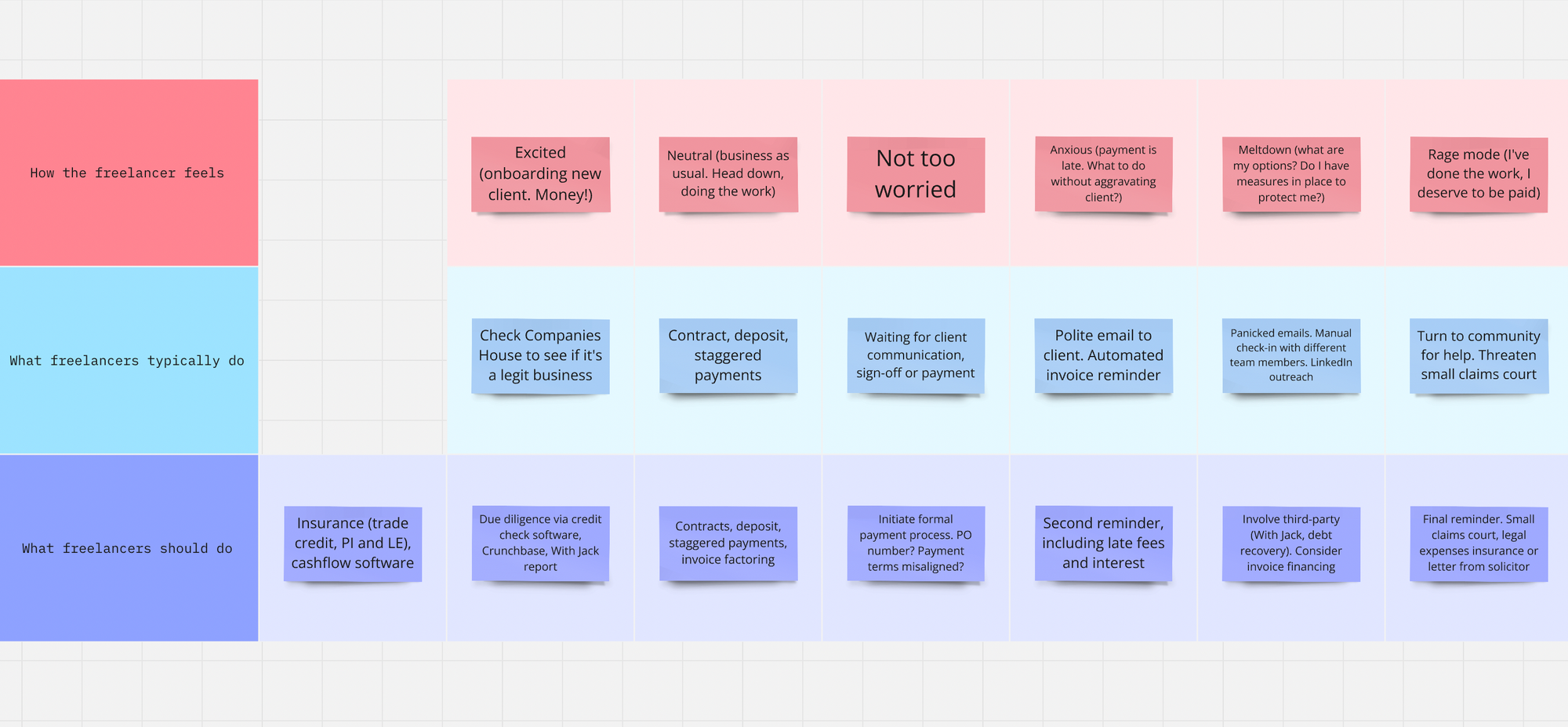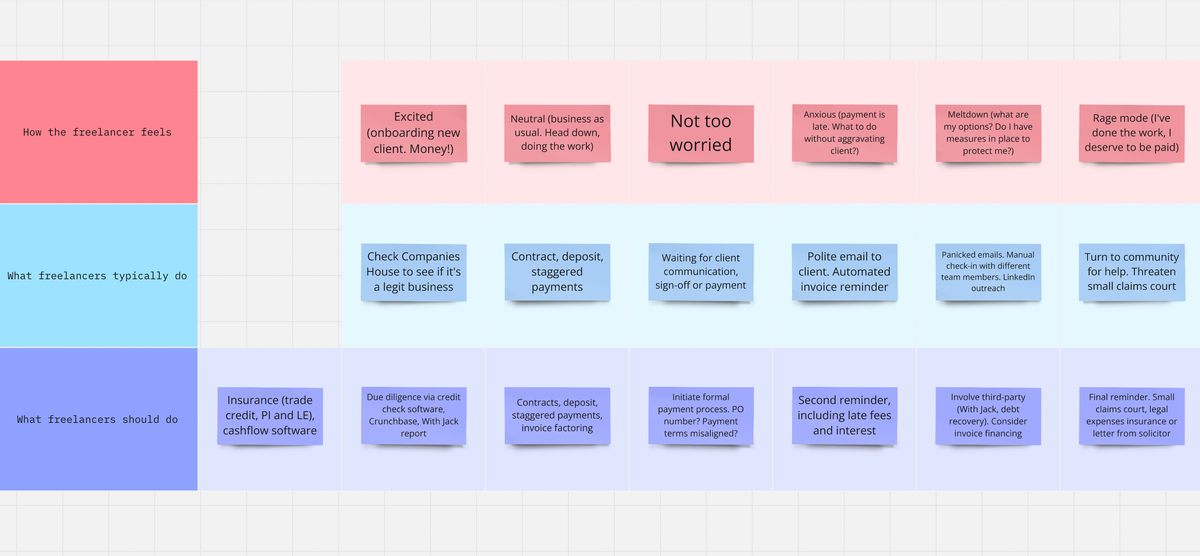When we talk about disruption in the context of an accelerator, we think of a new product or service being introduced to market. That was my intention.
I signed up to Techscaler to develop a tool to help freelancers in the event of late or non-payment. Instead I'm facing a different kind of disruption.
It's been a month of big emotions so let me deliver this bluntly:
- My mum's cancer has spread
- It's triple negative secondary breast cancer, which is more aggressive with a faster growth rate
- It has metastasised to the lungs
- It can't be cured and if left untreated my mum has months to live
This time last year my mum was celebrating finishing chemotherapy and having a mastectomy. We believed the next stage of this was recovery. The diagnosis has been a huge blow to our family and it's put everything into perspective.
I've reduced my workload. I'm spending more time with my mum. My priority is my family, but now that the initial shock has dissipated (I think. How I feel changes every hour) I'm resuming as normal a routine as possible. Especially since my mum has opted for chemotherapy to prolong her life, which she starts today.
I've been muddling on with Techscaler minus the brainpower I wanted to bring to the course. Having concluded the discovery call phase of idea exploration, I feel like I've made progress.
Whilst the consensus with discovery calls is that they should be continuous, I haven't felt very chatty. I've also reached the stage of customer development where the same patterns keep cropping up.
This isn't a bad thing. Repetition signals where I should be focusing my attention. After 10+ conversations I keep hearing the same insights.
Freelancers aren't aware of their payment rights. They'll casually chase clients when it's a smaller invoice, but if it isn't easy to get paid they'll write it off. There's a tipping point where the value of the invoice is large enough to warrant action… but they don't know what to do or who to turn to.
A freelancer's idea of due diligence is checking Companies House. Other than confirming it's a legit business and seeing if accounts are filed on time, they aren't aware of what factors to look out for and what they indicate.
During one of my mentorship calls with Jack (my favourite part of the accelerator), we used post-its to visualise:
- how freelancers feel at each stage of the payment journey
- what they currently do at each stage of the payment journey
- what they should do at each stage of the payment journey
I'm a visual person so this exercise helped to highlight gaps.

One thing I've learned with this phase is how much patience is required. I can understand why people get stuck here because there isn't always a lightbulb moment. There's been no "eureka!" and it's tempting to call it quits when progress is slow, but I've stubbornly kept revisiting my post-its and discovery call notes and ideas have gradually taken shape (this is why your discovery calls are so important, people!).
I do acknowledge that I'm in a privileged position. My existing business means I can afford to spend as much time as needed on idea discovery. Not to mention it's given me an audience to tap into for insights.
With the Techscaler showcase only 7 weeks away, I'm keen to launch something and start learning from real users. I've settled on the first version being a tool that addresses the information gap whilst providing practical assistance for non-payment, accompanied with a personalised action plan.
If this sounds kind of vague… it's because it is!
This is by no means a polished product or even what the finished product will look like. I have no clue how I'll monetise it. But it's the start of collecting feedback and iterating.
For the first time in 4 years I am dusting off Sublime and getting stuck in with writing code. Coding is one of the few tasks where I've experienced deep work. I think I need that more than ever right now.


